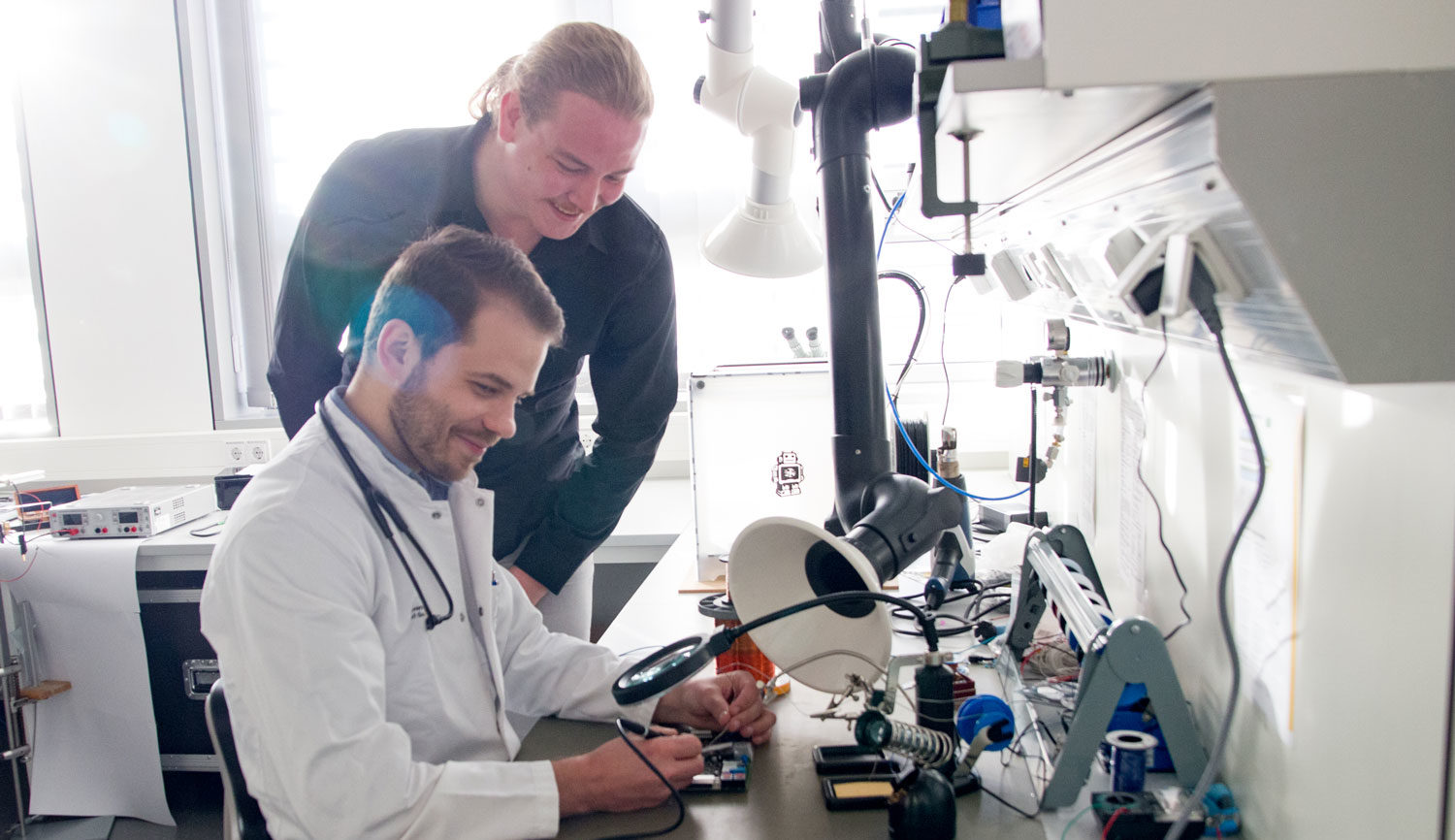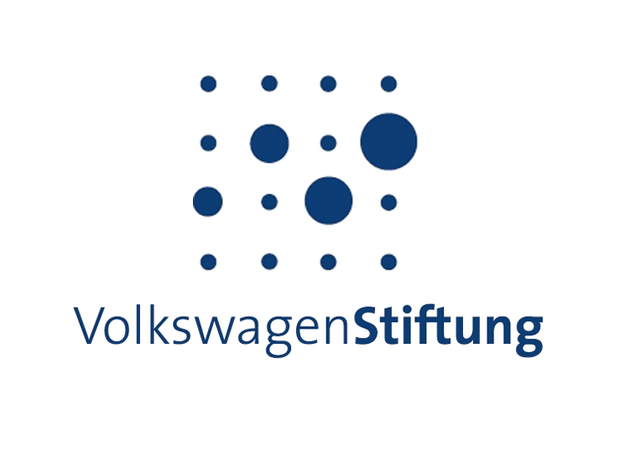
Endoscopic dissection tools based on smart materials |
Next Generation Endoscopy
Medical Need
Current endoscopes and their accessories have not fundamentally changed over the last 40 years. The key problem of current scopes is their control by a mechanical cable hoist, resulting in several shortcomings such as low precision, infections, lack of sensor technology and, due to the purely mechanical control, no possibility of integration into a cyber-medical system. Current endoscopy accessories are non-steerable and therefore depend on movement of the endoscope with all its limitations. All these above mentioned weaknesses define an urgent need for innovation.
Our aim is to go the pilot steps for next-generation, micro-robotic endoscopic tools based on smart materials. Such endoscopic tools will offer several advantages like integration in cyber-medical systems [4], a much wider movement range, component miniaturization for precise dissections, non-expensive disposable devices – which will drastically reduce endoscopy-associated infections – integrated sensors for haptic and tactile feedback and much more.
NGScope, endoscopy, electro surgery, steerable tools, steerable accessories, smart material actuators, cybermedical systems, robotic systems, precise dissections, single-use endoscopes, disposable endoscopes, haptic and tactile feedback
Surgical Endoscopy | 2021 Oct 27
Teilprojekte dieses Verbundprojektes werden gefördert von:



Project team members |
Clinician |
Faculty of Medicine, TU Dresden | Department of Medicine 1, University Hospital Dresden
Project team members |
High-tech |
TU Dresden, Faculty of Electrical and Computer Engineering, Institute of Semiconductors and Microsystems
Leibniz Institute for Polymer Research Dresden, Department of Mechanics and Composite Materials
Abstract |
The introduction of gastrointestinal endoscopy as novel minimally invasive method has transformed the discipline of gastroenterology and yielded several breakthroughs: The atraumatic accessibility of the gastrointestinal (GI) lumen has revolutionized the prevention and diagnosis of GI tumors and benign disorders like gastroduodenal ulcer disease, inflammatory bowel disease, the treatment of biliary and pancreatic disease [5, 6]. Endoscope and endoscopic tool design, however, has only slightly changed in the last 40 years, which leaves them suboptimal compared to current technical standards. Either endoscopic tools are fixed or use mechanical wire based tools. We want to develop next-generation micro-robotic endoscopic tools based on smart materials as actuators such as electroactive polymers (EAPs), ionic polymer–metal composites (IPMCs), dielectric elastomer actuators (DEAs) or shape memory alloys (SMAs). Our approach will allow the first pilot steps for the transformation of endoscopy towards a smart robotic co-working intervention. This project will start with the implementation of smart material actuators for endoscopic and laparoscopic dissection tools, as the forces and flexure requirements are limited and provide for a good proof of concept for this new actuation technology. The project is based on a local synergy of clinical partners at the University Hospital Dresden, the Institute of Semiconductors and Microsystems at the TU Dresden, the Leibniz Institute for Polymer Research Dresden and local SMEs, joint in the environment of the Else Kröner-Fresenius Center for Digital Health.

